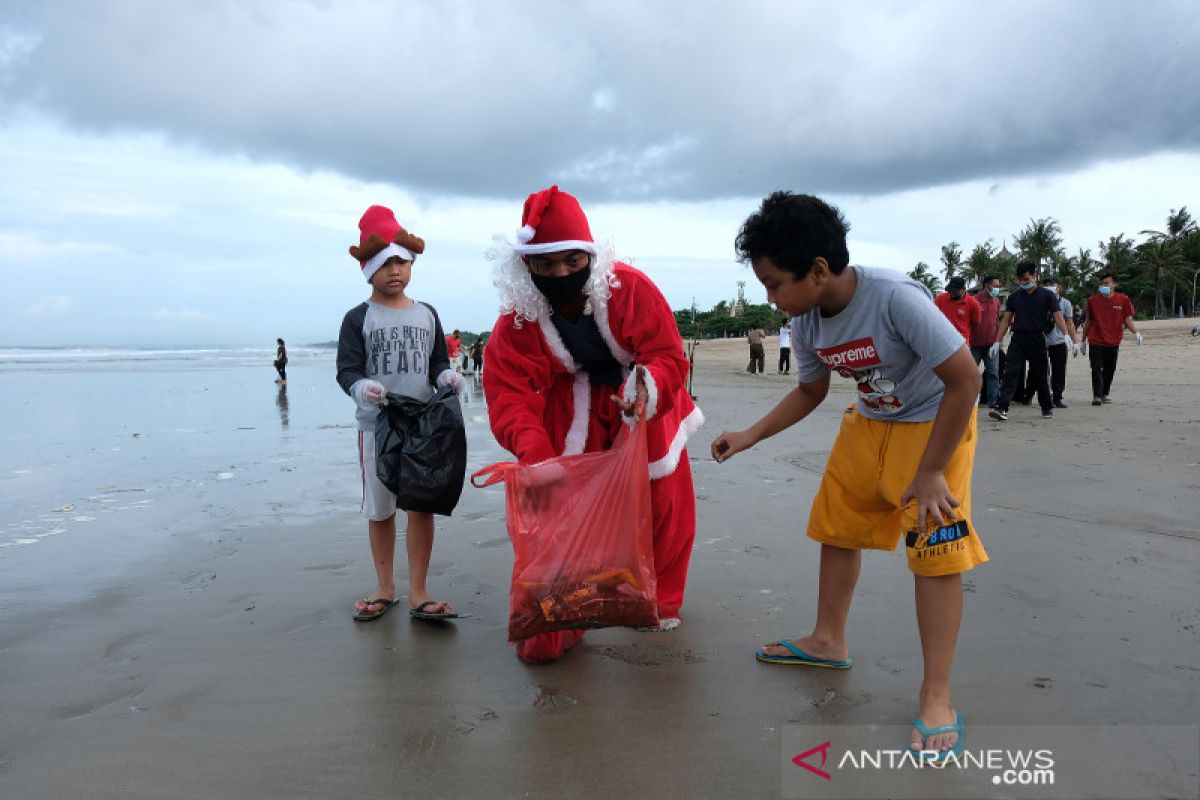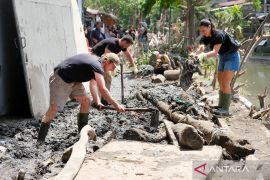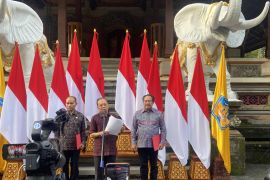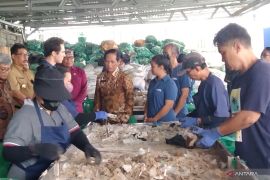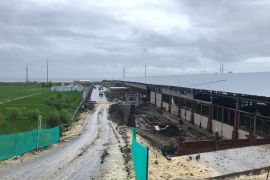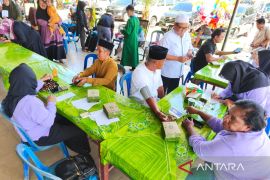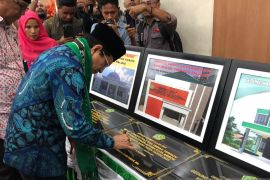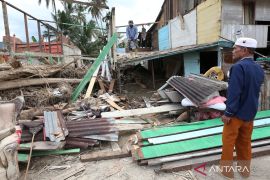We have accelerated the construction of TPS 3Rs and integrated waste treatment sitesJakarta (ANTARA) - The Bali regional government seeks to tackle the waste problem on the island by involving village communities, universities, schools, and entrepreneurs in each sub-region, an official stated.
"We encourage awareness in some schools to reduce waste. Some policies regarding plastic waste limitation also become a challenge on how we can enforce them," Head of the Forest and Environment Office of Bali Province, I Made Teja, noted during a virtual discussion on Thursday.
Teja affirmed that his team had been maximizing and pushing approach and mentoring efforts at locations where the waste management site that uses the Reduce, Reuse, Recycle system (TPS 3R) would be built.
Related news: Technology, data primary key to realizing smart city ecosystem
"We have accelerated the construction of TPS 3Rs and integrated waste treatment sites," he remarked.
Teja explained that with the support of various parties, the garbage problems that arise along with the opening of tourism activities in Bali can be addressed.
Moreover, speaking in connection with the news of floating medical garbage piles that went viral on social media recently, he clarified that it was not the case in the Bali area.
"Recently, news was circulating of medical waste in the Selat Bali Beach, but actually, it was not in our region," Teja remarked.
Related news: Investigate antigen test kit waste case in Bali Strait: Legislator
He confirmed that some workers had checked it and only some wood and other waste had been spotted.
Furthermore, Teja affirmed that his team will continue to keep a close eye on the medical waste producers. Based on his monitoring, he explained that currently, most hospitals had cooperated with third parties to manage medical waste.
Meanwhile, Ecological Observation and Wetland Conservation (ECOTON) Program Research and Development Manager Daru Setyorini stated that the waste of antigen test tools in the waters could have an impact on the environment, as they could degrade to microplastics.
"That is a matter of concern because plastics are mostly made from synthetic chemicals that can be toxic, such as Bisphenol-A (BPA), that can affect health," Setyorini added.
Related news: Gov't recommends self-isolation for people with mild symptoms
Related news: Wisma Atlet Hospital's occupancy rate reaches 63 percent: Official
Translator: Lifia P, Kenzu T
Editor: Fardah Assegaf
Copyright © ANTARA 2022
